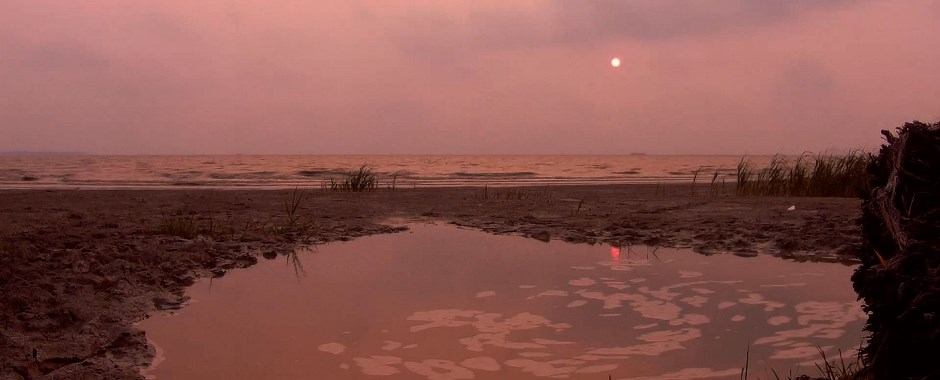A new short film summarises key themes from the project Climate Change, Uncertainty and Transformation, which explored the myriad forms of uncertainty faced by the people at the forefront of climate change in three areas of India – dryland Kutch, the megacity of Mumbai and the island region of the Sundarbans.
Amid striking images of these climatic hotspots and local people, the short film draws from interviews with researchers on the project. It is directed by Shibaji Bose, a communications specialist based in Kolkata, who has worked across a number of projects linked to the STEPS Centre.
Through their words and the accompanying narrative, the film explores the complex uncertainties faced by these areas, and how they are exacerbated by aggressive neoliberal growth. Although coastal areas are often associated with sea level rise, the uncertainties are deeper than just those related to the climate: they include food insecurity, changing health needs, rapid development and encroachment by corporations, migration, and changes in markets and livelihoods for farmers, pastoralists and others.
Exploring uncertainty
Uncertainty can be seen as a barrier to efforts to support social transformation that responds to climate-related challenges. But understanding uncertainty can help to identify where change is possible. A new project, TAPESTRY, continues the work in Kutch, Mumbai and the Sundarbans, working with people to explore more ecologically and socially just practices that could be scaled up and linked to other promising initiatives.
The film ends by highlighting the need for research on transformations to take into account wider social and cultural change.
 Uncertainties can make it hard to plan ahead. But recognising them can help to reveal new questions and choices. What kinds of uncertainty are there, why do they matter for sustainability, and what ideas, approaches and methods can help us to respond to them?
Uncertainties can make it hard to plan ahead. But recognising them can help to reveal new questions and choices. What kinds of uncertainty are there, why do they matter for sustainability, and what ideas, approaches and methods can help us to respond to them?
Find out more about our theme for 2019 on our Uncertainty theme page.
